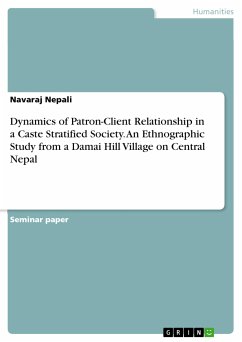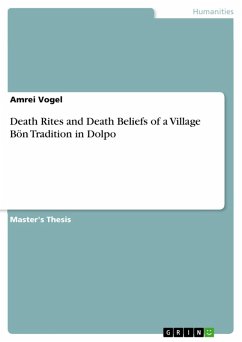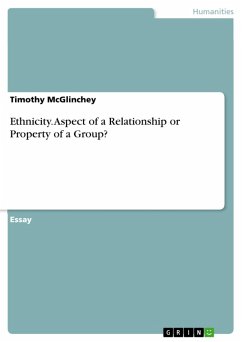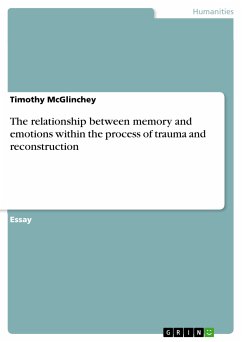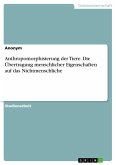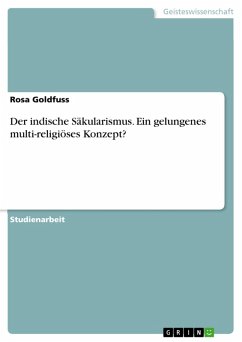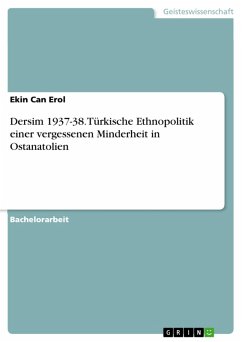Seminar paper from the year 2018 in the subject Ethnology / Cultural Anthropology, Tribhuvan University, language: English, abstract: This study was designed to record information of Hill Damai emphasizing on their socio-economic and political organization, life cycle rituals, and language and kinship pattern. An attempt also has been made to explore the impact of modernization on their traditional occupations. This paper also highlights the salient traditional occupational features and recommendations of policies for the promotion of traditional occupation for self-reliant. It also deals with the causes of intergenerational occupational mobility and shift from the traditional occupation of hill Damai. The caste engaged in sewing clothing is called Suchikar or Sujikar. Those who play musical instruments like damau (damaha), hudko, and devbaja, particularly, in wedding processions referred to as damai dholi hudke, nagarchi and nagdi. Originally they were called different names according to which instruments they played. Someone employed in sewing is now called darji, tailor, master, or tailor-master. Darji was once used only for tailors, but now it is used for all tailors as well as musicians. Similarly, damai or damahi has also undergone extension of its meaning. Initially it only meant someone who played the damaha.
Dieser Download kann aus rechtlichen Gründen nur mit Rechnungsadresse in A, B, BG, CY, CZ, D, DK, EW, E, FIN, F, GR, HR, H, IRL, I, LT, L, LR, M, NL, PL, P, R, S, SLO, SK ausgeliefert werden.

